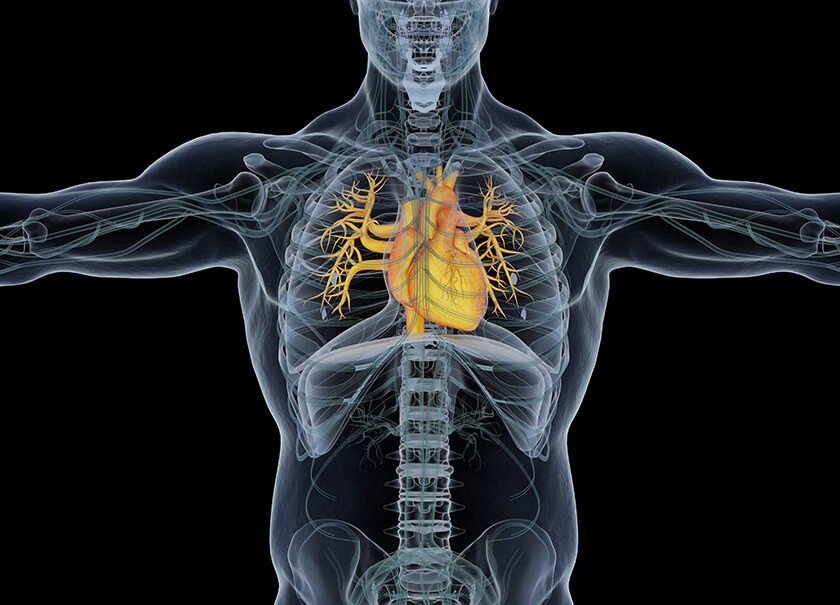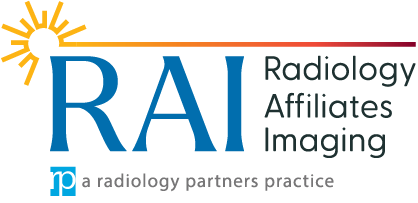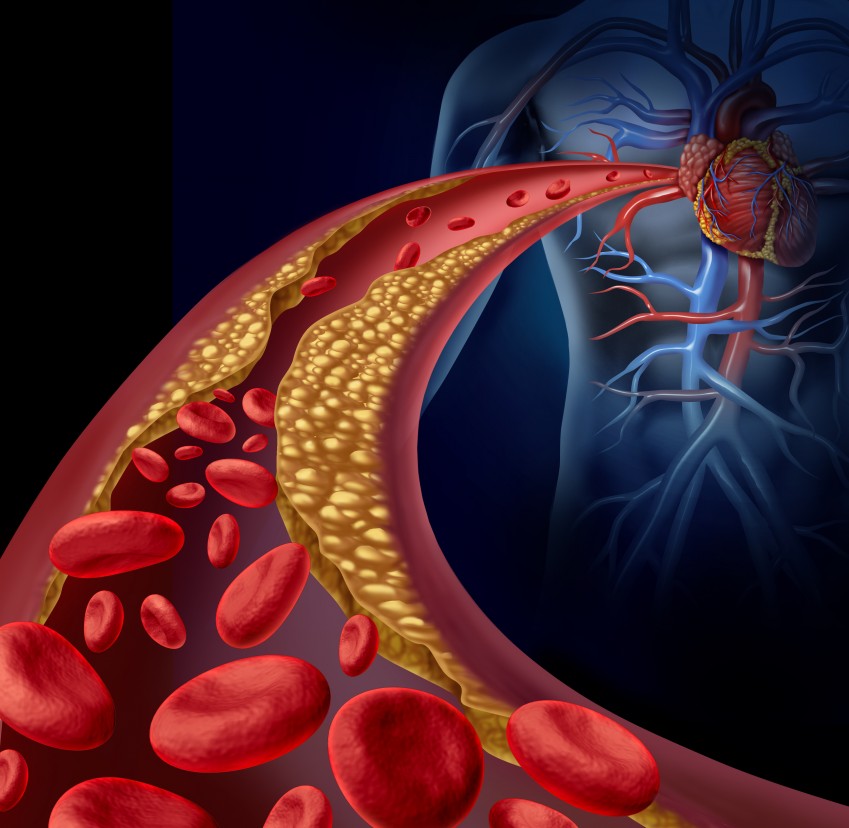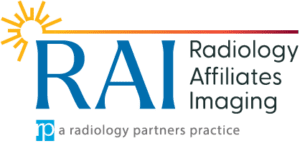
Cardiac MRI Accurately Identifies Fatal Heart Disease

Heart disease is the leading cause of death for men and women in the United States, according to the Centers for Disease Control and Prevention (CDC), claiming approximately 610,000 lives each year. Doctors use a variety of tests, such as stress echocardiograms, catheterizations and stress nuclear exams, to detect heart disease, assess its severity and predict the risk of mortality.
Now researchers think using a test using magnetic resonance imaging (MRI) can help doctors identify fatal heart disease, even in patients who are not at high risk for the disease. The researchers published their findings from their large, multi-center study in the medical journal, JAMA Cardiology.
About Heart Disease
Coronary artery disease is the most common type of heart disease. Also known as coronary heart disease, coronary artery disease occurs when cholesterol and fatty deposits build up to narrow or block an artery leading to the heart. The accumulation of the deposits, known as plaque, prevents oxygen-rich blood from reaching the muscles of the heart and increases the risk of a heart attack.
Many people with coronary artery disease do not realize they have a heart problem. In fact, a heart attack is often the first sign of coronary artery disease for some people.
Certain risk factors increase the chances of developing fatal heart disease. These risk factors include high blood cholesterol levels, high blood pressure, family history, diabetes, smoking and age, according to the American Heart Association. Obesity may also be a risk factor for heart disease.
While someone who has several of these factors is at higher risk of developing heart disease, some people with average or low risk can develop coronary artery disease. Screening tests can help doctors detect signs of heart disease even in these low risk patients.
Doctors use a variety of tests, such as blood tests and imaging, to evaluate heart function. Medical professionals only use tests that can accurately identify problems and predict the risk of disease or mortality. To be widely used by practitioners, diagnostic technology must show that it is good at predicting mortality. MRI had not been widely used for diagnosing heart disease because researchers had not yet established its ability to predict mortality.
This new study may change how doctors view cardiac MRI, also known as cardiac magnetic resonance (CMR).
“We’ve known for some time that CMR is effective at diagnosing coronary artery disease, but it’s still not commonly used and represents less than one percent of stress tests used in this country,” said senior author Robert Judd, Ph.D., in a news release.
The results of the test shows that cardiac MRI can diagnose heart disease and predict which cases are potentially fatal. The researchers say that it also has potential as a non-invasive, non-toxic alternative to other types of tests for identifying the severity of coronary artery disease.
Study Shows Cardiac MRI is Accurate
Researchers from Duke Health followed 9151 patients for 10 years. All of the participants had undergone CMR at one of seven hospitals included in the study.
Participants without a history of heart disease and who had a low risk for developing heart disease, but who had an abnormal CMR scan, were 3.4 times more likely to die compared with those with a normal cardiac MRI scan.
The researchers found a strong association between an abnormal cardiac MRI and mortality among the participants they studied, even after they adjusted the results for patient age, sex, and cardiac risk factors. In other words, the scientists found that an abnormal CMR is an accurate prediction of a person’s risk of dying from heart disease.
Why Cardiac Magnetic Resonance?
Like other tests, CMR looks at several different aspects of heart function, such as the motion of the heart wall, the death of cells and the presence of blood flow. CMR works as well – or perhaps even better than – other types of heart tests when it comes measuring these functions. Cardiac MRI is also superior in that it does not require radiation exposure that the more commonly used nuclear stress tests require. This makes this type of heart testing safer for patients and health care professionals.
There are other reasons for the limited use of stress CMRs, such as the availability of high quality laboratories. Some patients cannot undergo magnetization of MRI, such as those who have metal in their bodies or who may be pregnant. The main reason that doctors had not used MRIs for cardiac stress testing is because they did not know if the test effectively predicted mortality – the results of this study suggests that it does.
The researchers suggest further studies to test the effectiveness of CMR against other types of cardiac tests. “With the findings from this study suggesting that stress CMR is effective in predicting mortality, we provide a strong basis for a head-to-head study between stress CMR and other modalities.”



